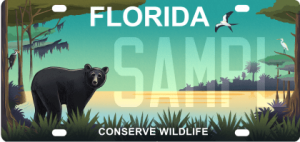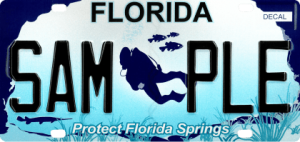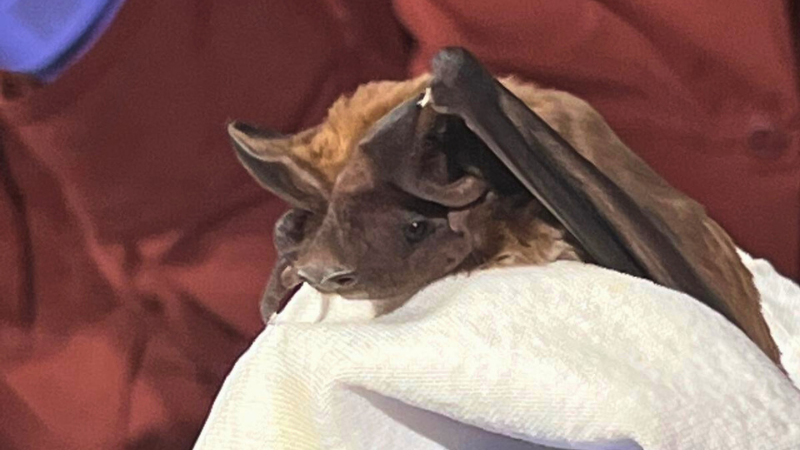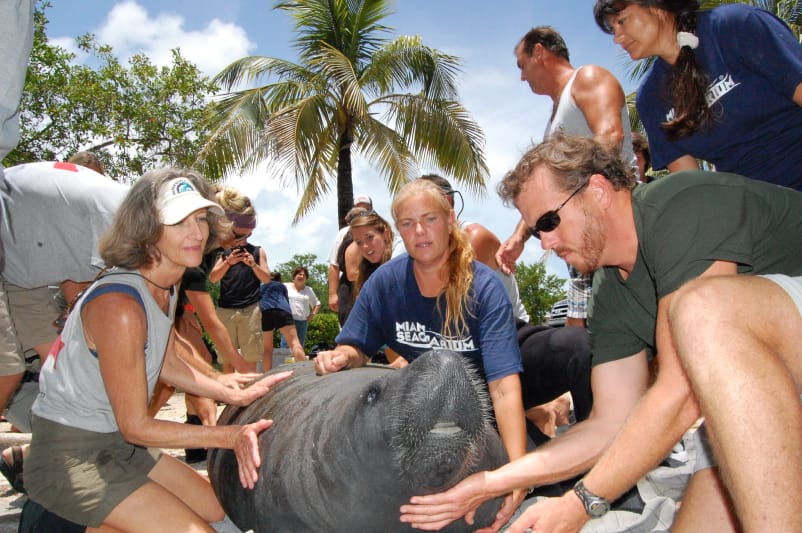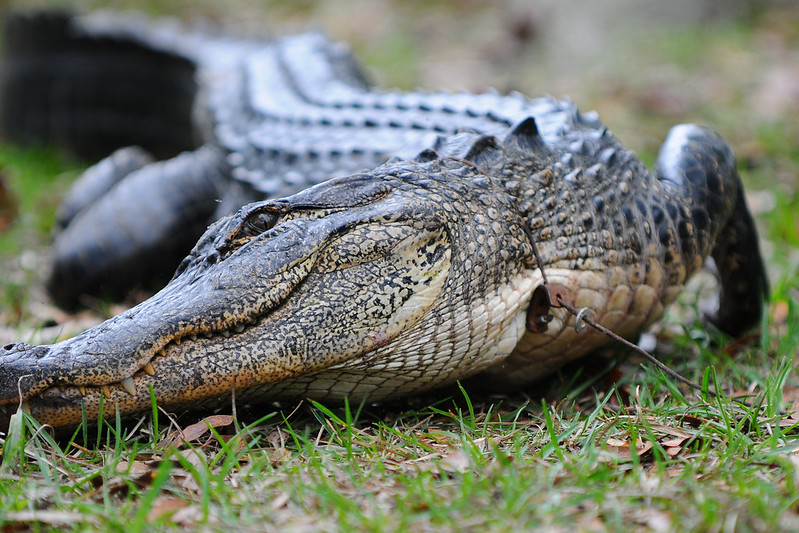
By: Kyle Grammatica
Alligators have inhabited Florida’s marshes, swamps, rivers, and lakes for many centuries, and are found in all 67 counties. As Florida’s population has grown, so has the desire for waterfront homes and water-related activities. All result in more frequent interactions between humans and alligators, and increase the potential for conflict. Here are some tips to reduce these conflicts:
- Never feed alligators, it’s dangerous and illegal. When fed, alligators can overcome their natural wariness and learn to associate people with food.
- Dispose of fish scraps in garbage cans at boat ramps and fish camps. Do not throw them into the water. Although you are not intentionally feeding alligators when you do this, the result can be the same.
- Keep pets on a leash and away from the water. Don’t allow pets to swim, exercise, or drink in or near waters that may contain alligators. Dogs and cats are similar in size to the natural prey of alligators and often attract their interest.
- Swim only in designated areas and avoid swimming at night. Always be aware of the possibility of alligators when you are in fresh or brackish water.
- Observe and photograph alligators only from a distance. Remember, they’re an important part of Florida’s natural history as well as an integral component of aquatic ecosystems.
- If you are bitten by an alligator, seek immediate medical attention. Alligator bites can result in serious infections.
It’s important to remember that unprovoked alligator attacks on people are very rare. Since 1948, Florida has averaged about five unprovoked bites per year. However, if there is a dangerous or nuisance alligator that you believe poses a threat to people, pets, or property, you can call the Nuisance Alligator Hotline at 866-FWCGATOR (866-392-4286). Please be aware that nuisance alligators are killed, not relocated, so only use this in situations that necessitate it. In many cases, alligators that are left alone will eventually move on to areas away from people, and small alligators are generally not dangerous unless handled. As apex predators, alligators serve a very important ecological role.
The Foundation works with partners around Florida to reduce human-wildlife conflicts and ensure we maintain healthy populations of native species like alligators. Support our work here.






